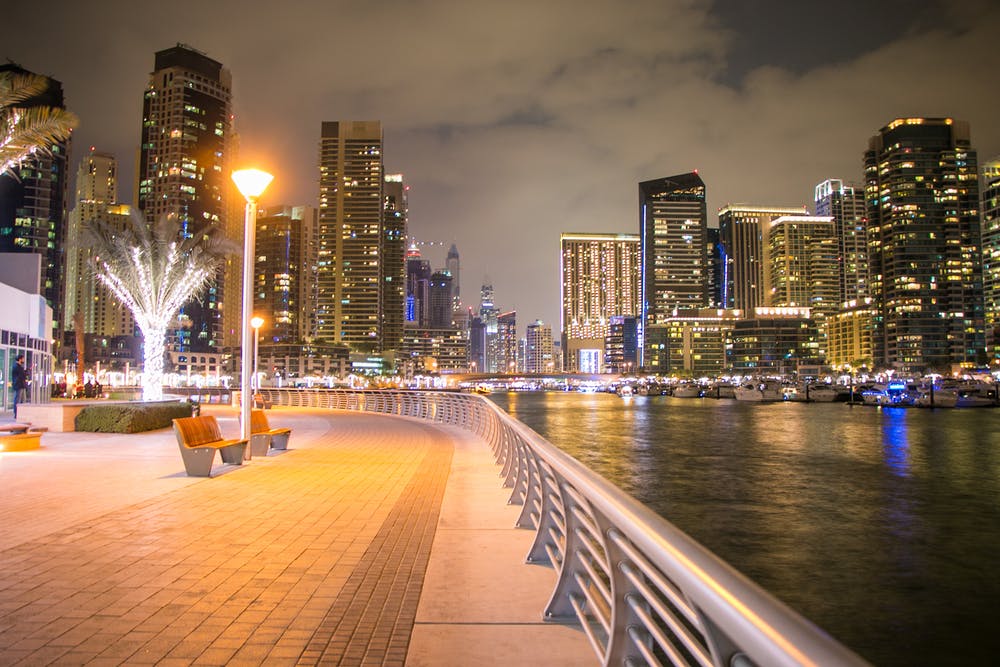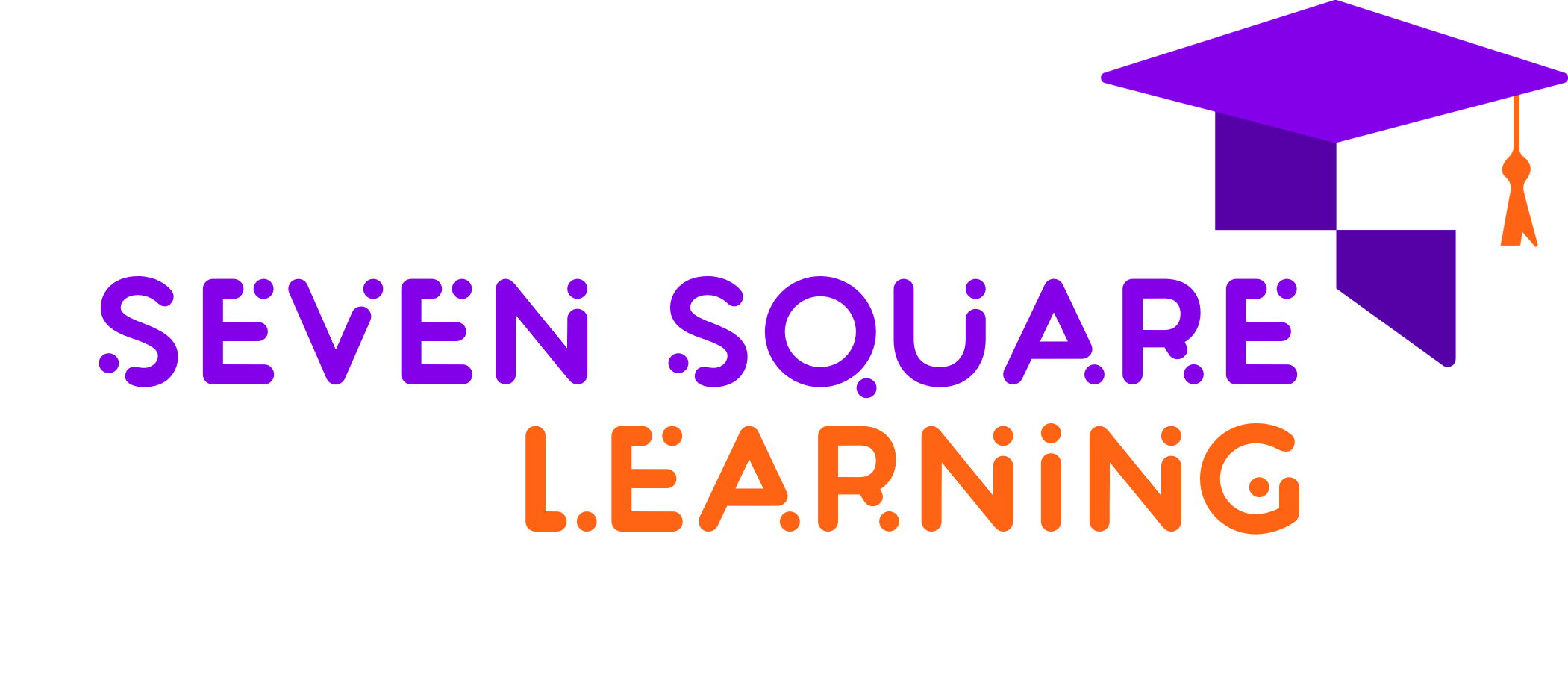Education in UAE is overwhelmingly upstanding with thousands of international students enrolling every year. The country has some of the best schools and higher education opportunities in the Middle East which makes it an ideal destination for students from all over the world. The UAE places immense value on its education system as a means of progressing its economy and business sector.

A glance at the education in UAE
The main stages of education in UAE are –
- Kindergarten (4 – 5 years old)
- Primary Education (Age from 6 – 11 years)
- Preparatory Education (Age from 12 – 14 years)
- Secondary Education (Age from 15 – 17 years)
- Tertiary/Higher Education
Children can start kindergarten in the UAE anywhere from 4 to 6 years old. The educational approach of KG 1 and 2 is focused on strengthening social, language, physical, and academic skills. Primary education is compulsory from the age of 5 by the Ministry of Education in UAE. Usually, primary and secondary education is free of cost and mandatory in public schools for boys and girls.

Subjects taught in primary education include Islamic education, integrated social studies, mathematics, science, music, and physical education. Moreover, Abu Dhabi and Dubai, are home to some of the best primary and secondary schools in the Middle East. Most schools offer both primary and secondary education so students do not need to shift to a separate school area upon graduating from primary school.
Lower-secondary education (intermediate education) follows elementary education and lasts four years (grades six to nine). Students need to graduate from grade five to be accepted—there are no separate entrance examinations at public schools at this stage. In some private institutions, the American curriculum runs from Kindergarten (5 years old) to Grade 8 (14 years old). British curriculum flows from Year 1 (4–5 years old) to Year 9 (14 years old).
The subjects in preparatory/lower secondary education studied are mostly the same as in elementary education. Although subjects like health sciences or business management can be introduced, and in some cases, subjects like music may no longer be offered. Promotion and graduation are earned based on continual assessments and semester- and year-end examinations. Upon completion of grade nine, students have the option of enrolling in technical secondary schools or continuing their studies in the academic track.

Technical schools offer programs that are more inclined toward employment, and normally involve study in vocational specialization subjects in addition to core academic subjects like Mathematics, Science, Arabic, and English. Some schools require students to pass an entrance examination to be admitted to education in UAE. Upon passing the final graduation examination after grade 12, students are granted the Secondary Technical School Certificate, a credential that qualifies students for tertiary/higher education. Then the students move towards higher/university level tertiary education.
Benefits of education in UAE
Students choose UAE for many reasons, some of them being – remarkable diversity, dynamic people, warm hospitality, political stability, economic prosperity, unique experience, and a safe learning environment. Students are likely to find the residents friendly, welcoming, and enthusiastic to share their culture and learn about others.

The UAE provides high-quality education through globally recognized institutions. On-campus dormitories can have strict regulations for campus living, but there are also off-campus options where you can really enjoy student life. Students get to learn about new cultures and languages like Urdu, Arabic, Farsi, Tagalog, Hindi, etc. Also, most people in the UAE know and understand English which makes it easy to communicate. By having an education in UAE students have the opportunity to build lifelong friendships and relationships with people who have backgrounds very different from their own.
While you are learning about a new culture, you also get to share yours with everyone around you through an education in the UAE. By having an education in UAE students explore the real meaning of ‘globalism’. The UAE has seven emirates and each of them has a rich distinctive culture, laws, traditions. Students get a chance to travel to all these places altogether. They visit the blooming capital Abu Dhabi and see the splendid Place Hotel, green Masdar City, Sheikh Zayed Mosque, and many more.

Students visit the second-largest city in the UAE – Dubai which features the tallest building – Burj Khalifa and the incredible malls, world-class hotels, resorts, and see the mesmerizing fountains. They travel to a range of museums and witness the traditional Islamic Architecture and have a tour of the vast desserts filled with dunes, have camel rides, and see the rare Gaf trees.

Having an education in UAE allows students to interact with the locals who are more than happy to have a nice conversation and are sincerely hospitable. Studying abroad in the UAE will allow students to open up fully and expand their horizons to new perspectives. The UAE also has excellent health-care facilities which are modern and easily accessible to both the locals and foreigner alike. The country is also ultra-progressive such as giving it’s police force the fastest fleet of cars in the world – Bugatti, and Lamborghini which allows the crime-rate to be really low.

Students try the elegant and royal Arabic cuisine like Kabsa which is a fragrant mixture of basmati rice, lamb or chicken, mixed vegetables, and various spices cooked in one pot and often served in a huge mound at the center of the table, or dishes like Asida, Al Jabab bread, Bathieth, or Harees.
Studying abroad imparts all kinds of benefits that are likely to heighten your personal and professional options throughout your life.





